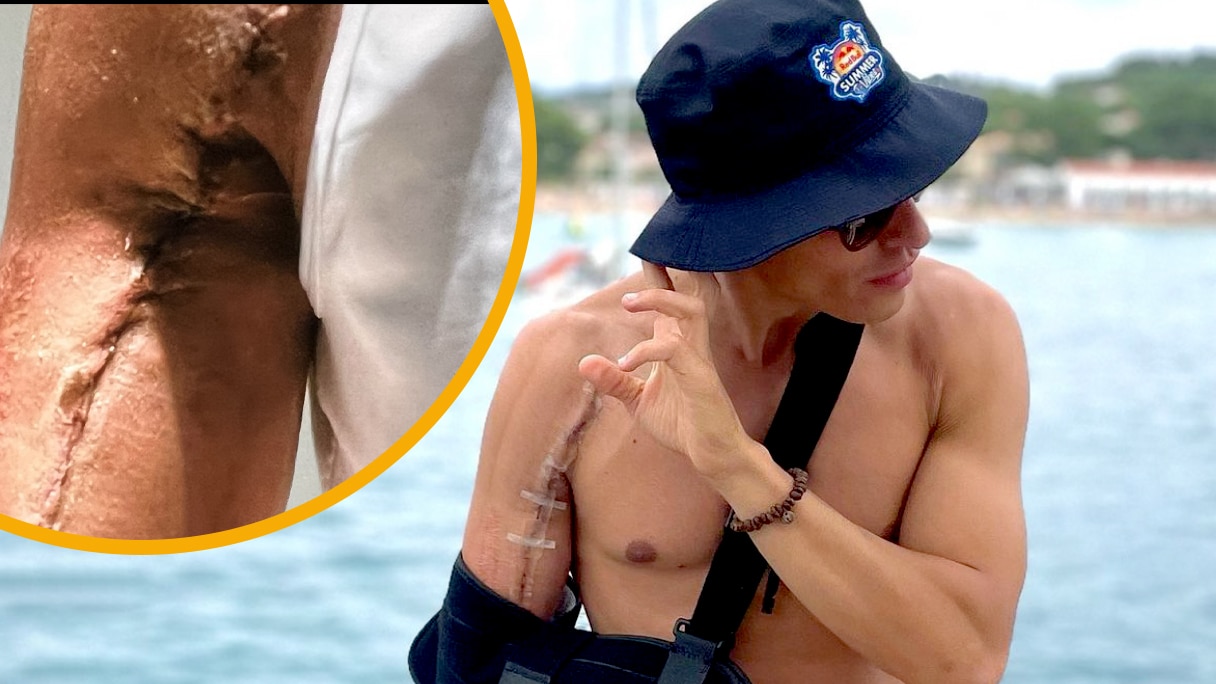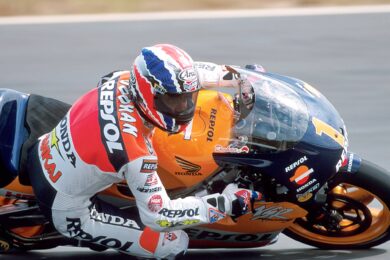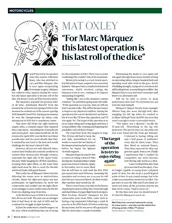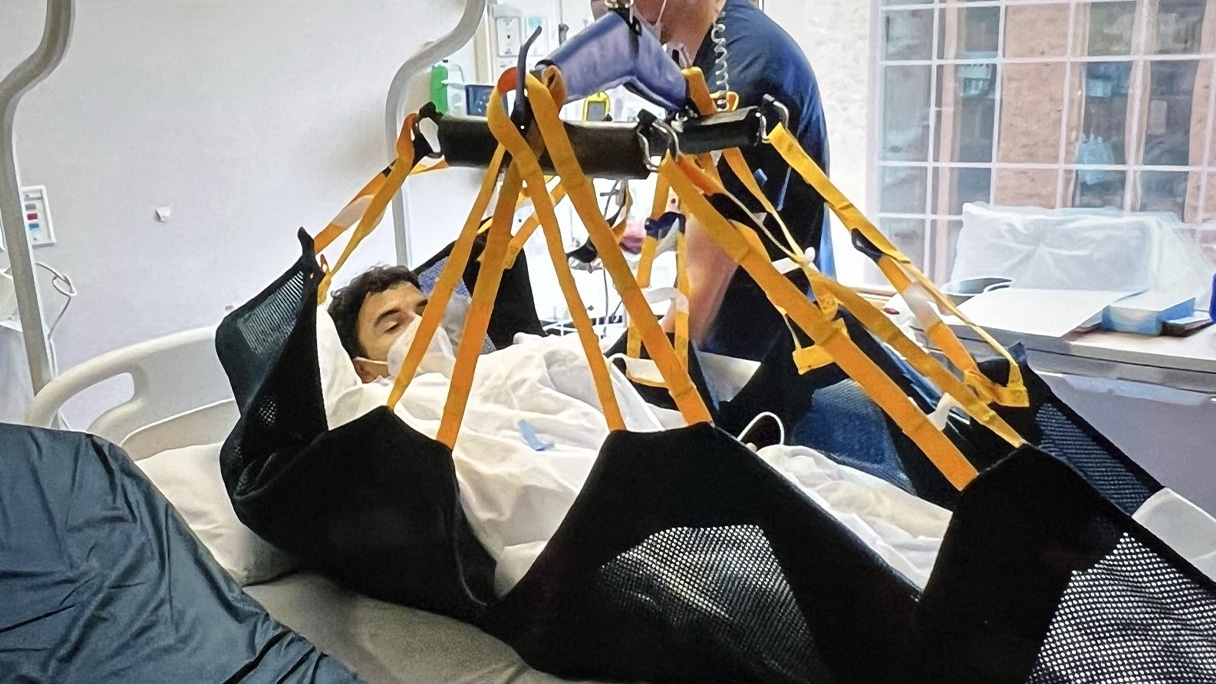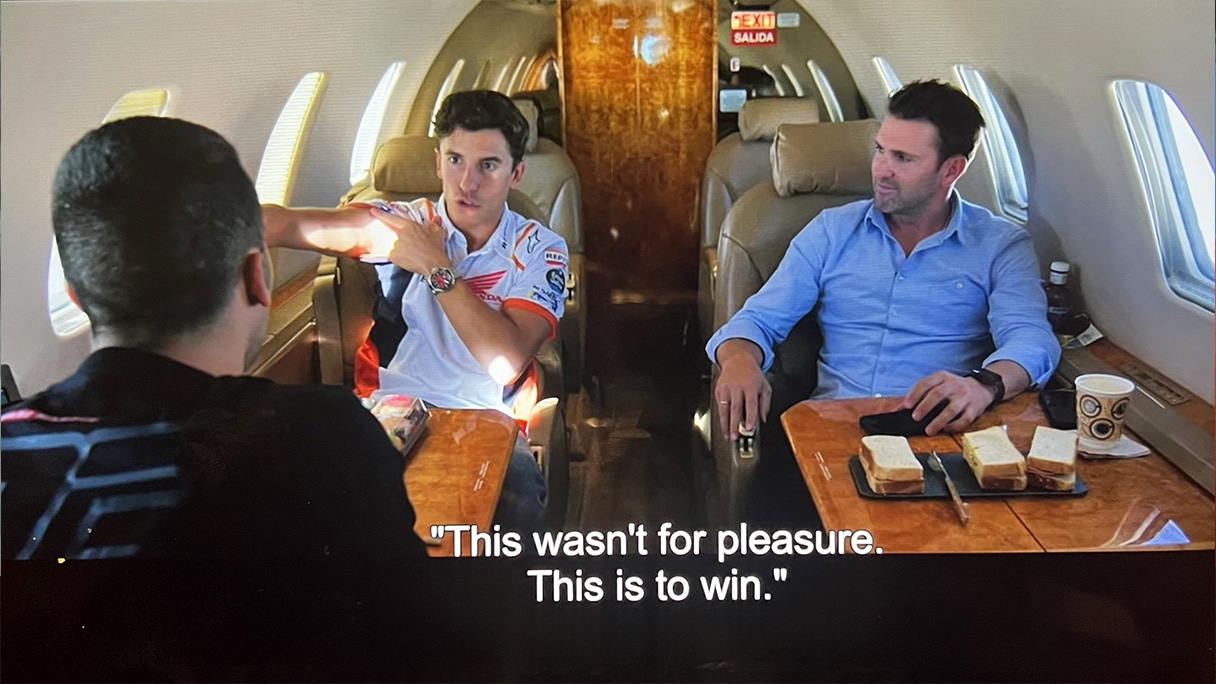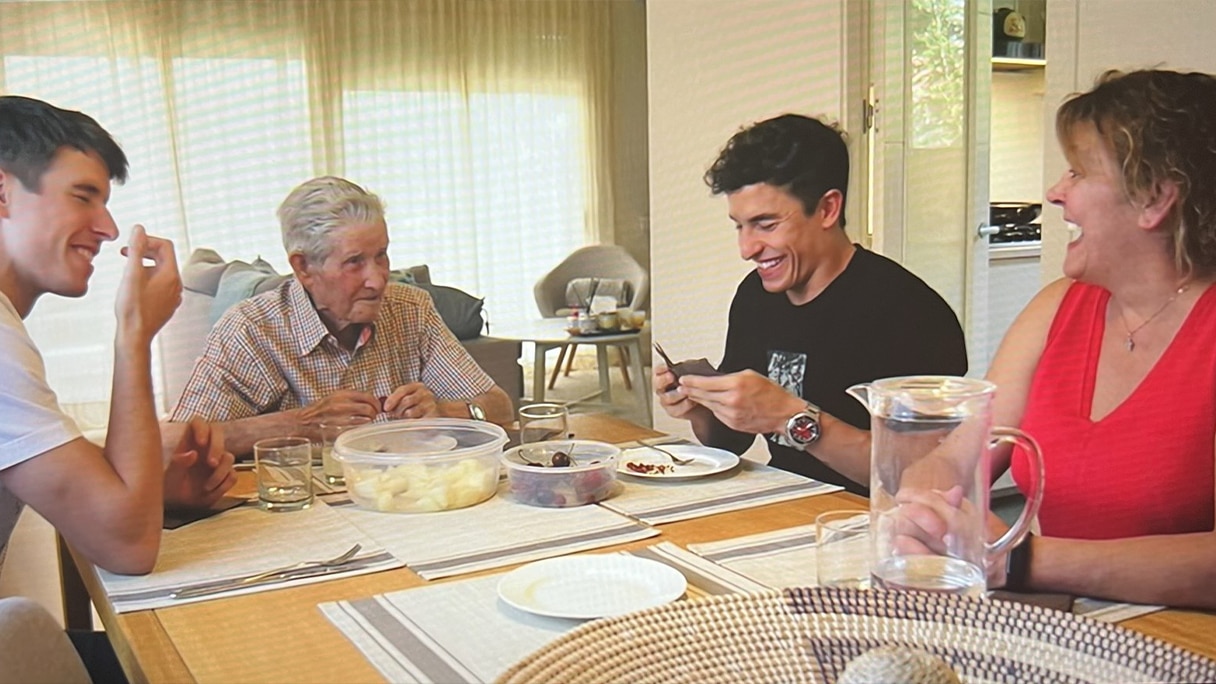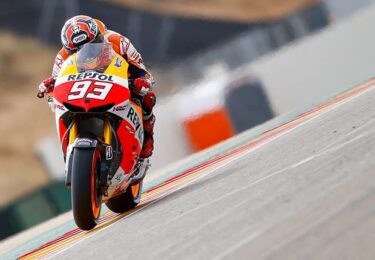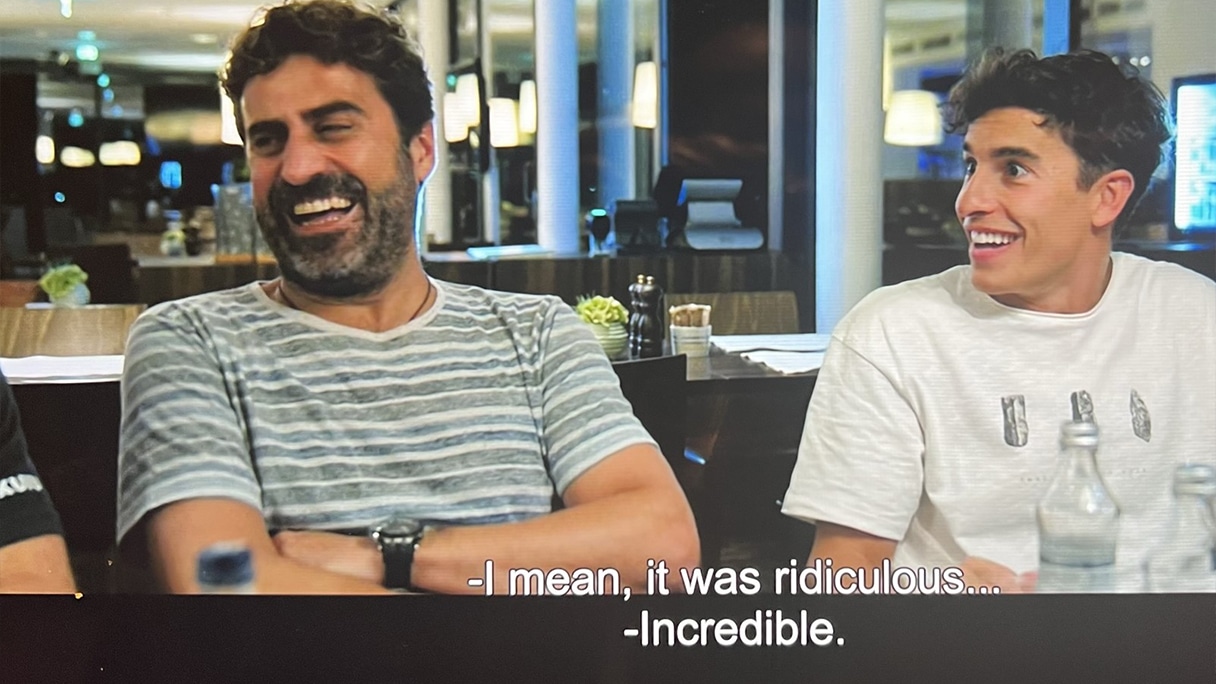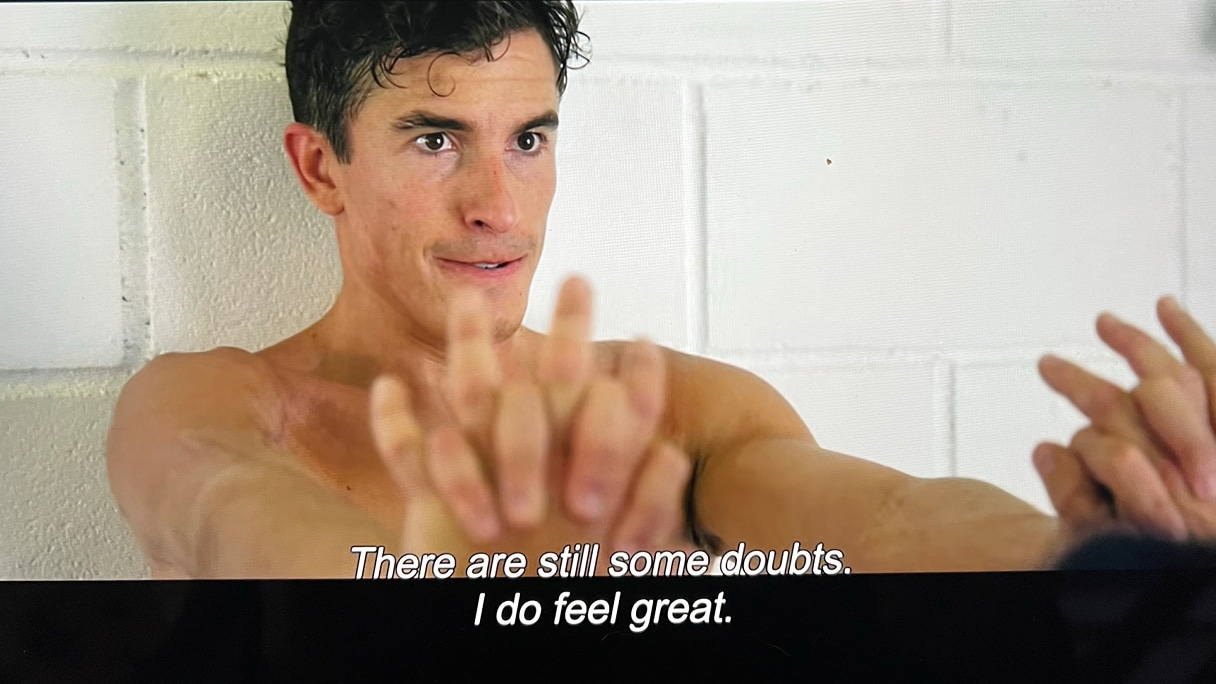This time thirty years ago Mick Doohan was recovering from his career-changing accident, at Assen in June 1992.
Doohan came within hours of having his broken right leg amputated, because local surgeons had botched surgery on the tibia, so the leg was dying and “smelling like a bad butcher’s shop”. Then they thinned out his blood so much, in the hope of getting blood into the leg, that his internal organs were at risk of shutting down.
That’s why Italian Dr Claudio Costa flew in to kidnap Doohan in a Learjet ambulance and take him to his clinic in Italy.
“A week later I noticed a lot of very black skin,” Doohan remembers. “The doctors took a spoon-type instrument and started removing it until they got down to the tendons and bones and the metal plates and screws.”
Costa knew he had to get radical, so he sewed Doohan’s legs together – the good one would save the bad one. Ten days later the legs were separated and a few weeks after that Doohan was racing at the Brazilian GP.
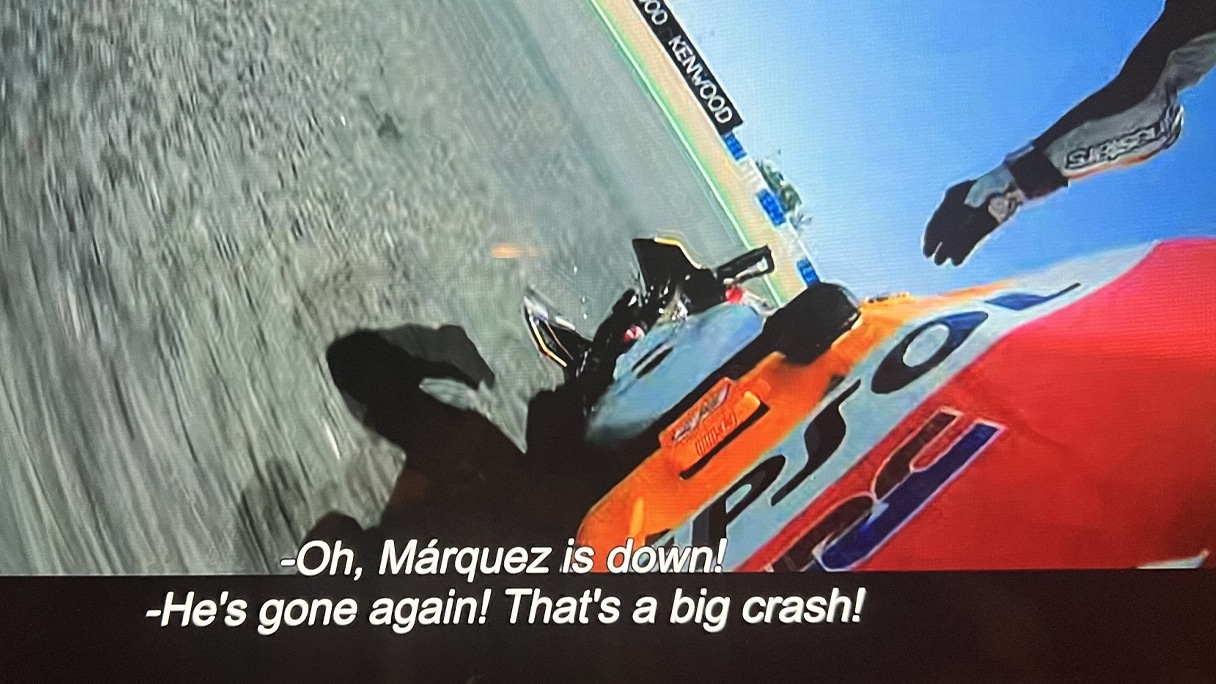
Márquez gets flicked over the highside during the 2020 Spanish GP. Moments later his bike hit him, breaking his right arm
TMS, Red Bull, Dorna
On the night before the race, the terribly infected leg (he obviously shouldn’t have been allowed to race – would he be now?) tried to cry enough but Doohan still raced.
“I woke up and the leg had basically exploded with all the infection. All this pus oozed out over the bed, so Costa came in to flush it out with saline solution. He’d pour a litre through this hole, like a big boil-type thing, then flush it back out to get rid of all the crap. That was the night before the race – it wasn’t the best of nights.”
“Why don’t you give up, you’ve won enough, you’ve got enough?”
There are no gory scenes like that in the Marc Márquez: ALL IN documentary series, but the suffering is still there, mostly hidden from view, because who would want to watch an arm getting sawn in half?
The series is excellent and is close as you’ll ever get to seeing the real anybody nowadays. The cameras basically have access all areas – save the operating theatre – so you get to see much deeper into the man behind the rider than you’ll ever do during a race weekend. On the other hand, this is his sponsor’s film, not work of documentary journalism, but that’s the way it is now, across any sport. So, like I said, it’s as close you’ll get.
What you witness is a man still on fire – after 13 years of racing that’s won him nine world titles and three years of pain, misery and disappointment.
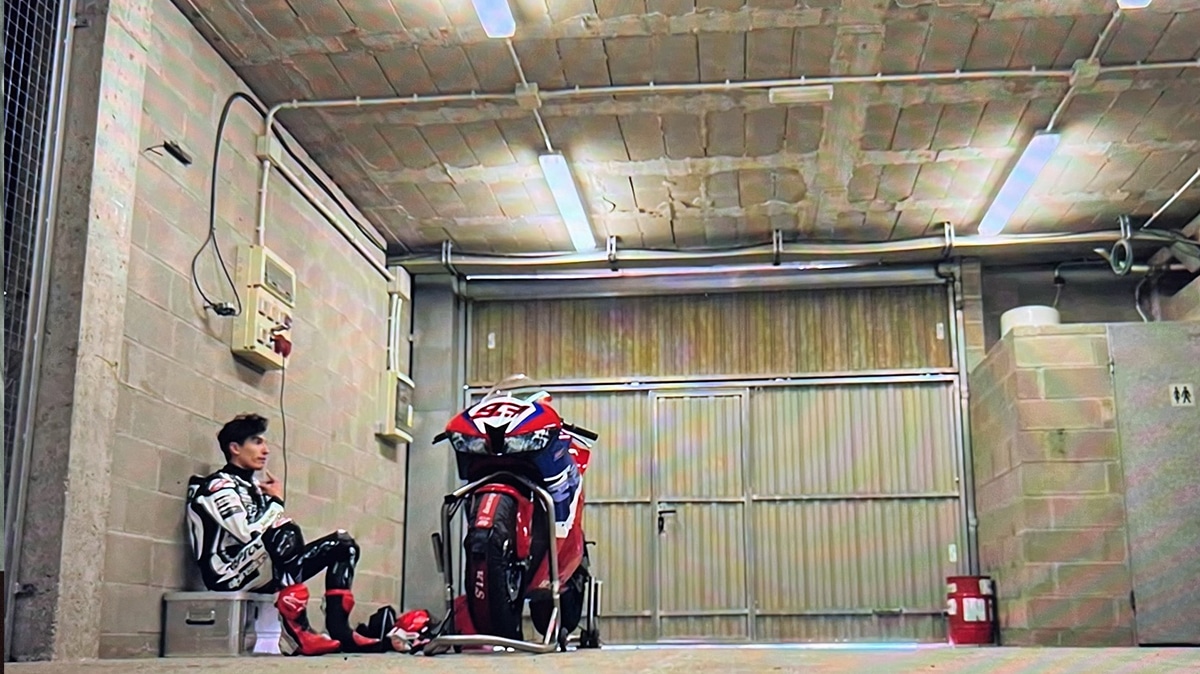
Márquez doing eye exercises after a first track try-out following his massive crash during last year’s Indonesian GP, which gave him another bout of double vision
The main question of the documentary, spoken by his grandad during a family lunch, with grandkids Marc and Alex and their mum, is: why don’t you give up, you’ve won enough, you’ve got enough? You should live a calm life…
